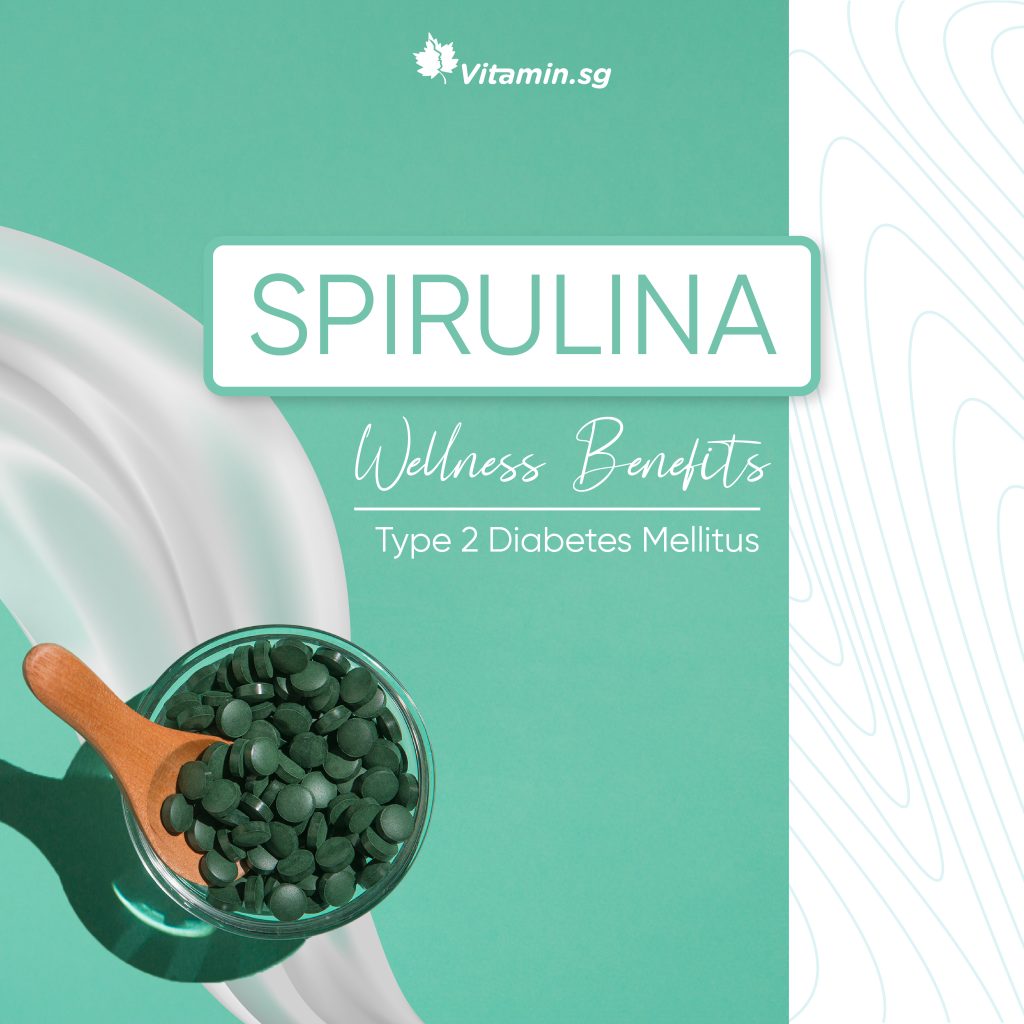Home / Health Blog / Fighting Illness With The Right Diet
Nutrition and health – Fighting illness with the right diet
No single food provides us with all of the essential nutrients we need to be completely healthy and function efficiently. Finding the perfect balance of food isn’t easy, and nutritional value depends on the long-term diet and an individual’s needs. By consuming the right amount of energy from to correct number of calories while balancing the essential food groups to ensure the correct levels of nutrients, we can stay healthy and fight any illness that comes our way.
Food as an aid to digestion
One of the most common types of illness affected by diet are digestion-related issues. Related to your body’s major food control facility, these illnesses can be extremely varied from person to person, and so may require you to keep a food diary to help you identify your trigger foods or specific illness. From stomach pain and heartburn to constipation and irritable bowel syndrome (IBS), many illnesses and ailments brought on by dietary issues can be managed via the management of your diet.
Fibre is the first port of call for those suffering from constipation but it can cause issues for others. Many people fail to consume enough fibre, such as wholemeal bread, brown rice and cereals, but IBS sufferers struggle to process wheat, and as such are better sticking to finding fibre through fruits and vegetables. Of course, too much acidic fruit can cause heartburn for many others, and so wheat may be the right choice for them. One of the most varied illness groups, gut illnesses require specific individual attention if they’re to be treated correctly with food.
Fighting Crohn’s disease
An inflammation of intestines, Crohn’s disease can cause fainting, stabbing pains in the abdomen and loose stools, creating discomfort and anxiety for sufferers. However, this is another illness that can be managed a change in diet, and so relieve symptoms. As with many other illnesses, the effects of certain diets affect people in different ways, and as such there are many different suggested diets for managing Crohn’s symptoms.
The Gaps diet is a popular diet amongst Crohn’s sufferers and treats the gut to detoxify the bloodstream. Often used to improve mental development amongst children with autism, dyslexia or dyspraxia, the diet replaces grain, sugar and starchy vegetables with ground nuts, natural honey and dried fruit.
The Alkaline diet is another that’s popular amongst sufferers, reducing the amount of acidic food that passes through the body. Wheat, dairy, meat and fish are replaced by nuts, legumes and greens, allowing for a daily ratio of 80 per cent alkaline foods to 20 per cent acid to balance the pH of your body. The diet also aids those with muscle pain, stress and heart disease.
The low-GL, or glycaemic load, diet uses the measurement of carbohydrate in food to identify the effect it will have on blood sugar. The diet dictates that sufferers should avoid eating more than 45 GLs per day by sticking to low-GL foods, such as rye bread, blackberries and broccoli. The diet is also know for reducing tiredness levels and lowering the risk of diabetes, heart disease, cancer and arthritis, making it a great diet for those looking to prevent illness before onset.
Nutrition and HIV/AIDS
Eating well is always important, but those living with HIV/AIDS and relevant treatments have to ensure that they stick to strict rules in order to manage the disease. One of the main effects of HIV treatment is a change in metabolism, which is often experienced by those affected and can change the way your body processes nutrients and other substances. If not properly managed, some of these changes can lead to a range of symptoms including insulin resistance, wasting syndrome, nausea and vomiting.
As with many illnesses, HIV/AIDS can require personalised and specialist diet planning rather than a general plan. Those suffering from weight loss or wasting may find an increase in food intake beneficial. This can be achieved by introducing a high calorie, high protein diet. On the other hand, those suffering from dry mouth or similar throat and mouth problems will want to focus more on soft and easy to chew foods such as oatmeal, pasta, avocado and soups. Not only will these prevent pain, they will also help prevent dry mouth and counteract swallowing problems, allowing sufferers to enjoy their food, as well as the benefits that come hand in hand with the right diet.
Bibliography
A healthy, varied diet. February 2014. http://www.nutrition.org.uk/healthyliving/healthyeating/healthyvarieddiet (accessed June 30, 2014).
Alternative diets: can a radical food regime help fight illness? December 06, 2013. http://www.nhs.uk/Livewell/digestive-health/Pages/stomach-friendly-foods.aspx (accessed June 30, 2014).
Coping with HIV diagnosis. November 08, 2013. http://www.stdpanels.com/coping-with-hiv-diagnosis/ (accessed June 30, 2014).
Crohn’s disease. http://www.bupa.co.uk/individuals/health-information/directory/c/crohns-disease (accessed June 30, 2014).
Good foods to help your digestion. June 21, 2014. http://www.nhs.uk/Livewell/digestive-health/Pages/stomach-friendly-foods.aspx (accessed June 30, 2014).
Irritable bowel syndrome. July 29, 2011. http://www.mayoclinic.org/diseases-conditions/irritable-bowel-syndrome/basics/definition/con-20024578 (accessed June 30, 2014).
Managing symptoms and side effects. http://www.catie.ca/en/practical-guides/nutrition/2-a-la-carte/2-3#wasting (accessed June 30, 2014).



